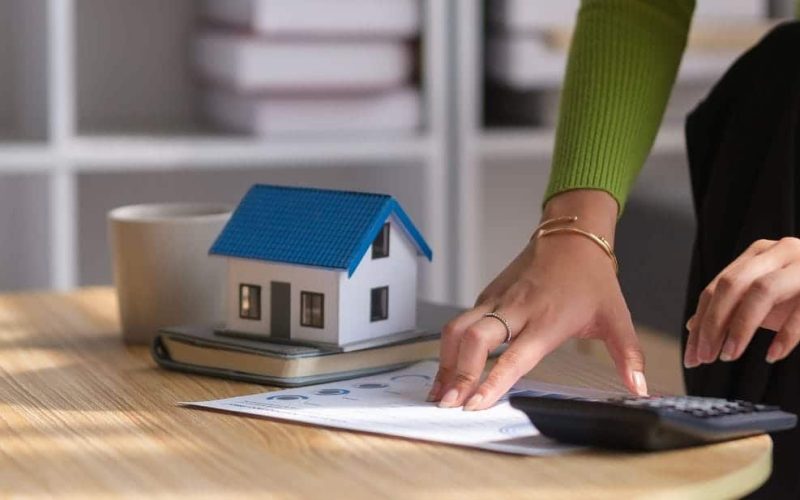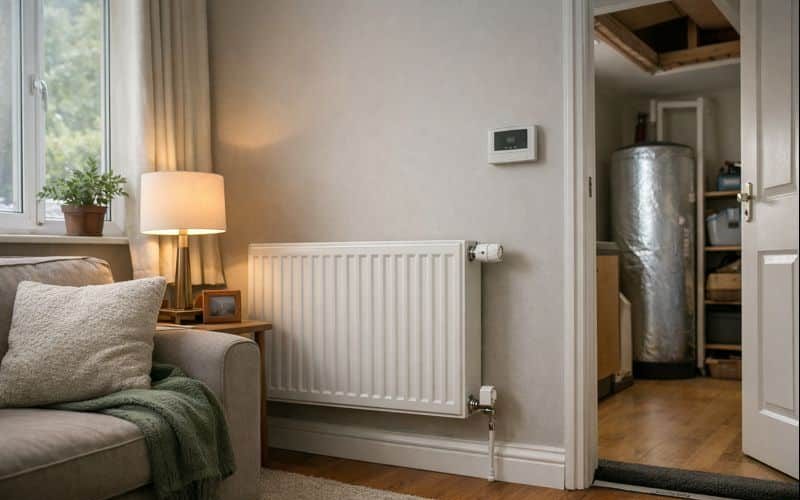We know solar panels can help you cut down your energy bills, but what about your home’s value? If you’re wondering whether solar adds appeal to potential buyers or increases resale price, this guide is for you.
We explore how solar panels impact your Energy Performance Certificate rating and how it connects to your property value.
How solar panels boost Energy Performance Ratings
Every building, both commercial and domestic, has an Energy Performance Certificate (EPC) rating. An EPC is an official document that shows how energy efficient your property is. EPCs are graded from A (most efficient) to G (least efficient) and take into account your home’s energy use, carbon emissions, and typical running costs.
Installing solar panels typically improves your EPC rating by one band. That may not sound like much, but it can make a significant difference to your home’s value, energy bills, and even eligibility for grants or loans.
If you’re a landlord, it’s also worth noting that homes must meet minimum EPC standards to be legally let. The government plans to raise the minimum standard to E to C in future years.
What an improved EPC rating means for the value of your home
A better EPC rating can translate to lower energy bills, as well as increase the value of your property. A 2023 study by Rightmove showed that increasing your EPC rating even by one ranking, from D to C, can increase your home’s value by 3%. This equates to roughly £11,000 on the average UK home.
In the case of larger band jumps, there is more value-added opportunity. The same study also found that upgrading from an F rating to a C rating boosts property value by up to 15%, which averages to roughly £55,000 for most UK households.
Real-life example: How solar can help
Refer to a homeowner story, e.g., South Gloucestershire case with improved EPC and savings through solar. More success stories: https://www.lendology.org.uk/success-stories/
How do I install solar panels on my home?
With the help of a Microgeneration Certification Scheme (MSC) certified installer, getting solar panels for your home is relatively straightforward. You’ll need to make sure that your home is suitable for solar. This means ensuring your roof space gets a sufficient amount of light, checking that your roof is in good condition, and making sure you have enough space for the panels.
Then, your installer will guide you through the installation and setup of your panels. From enquiry to completion, the whole process can take from 6-12 weeks.
Funding your solar panels with Lendology
While solar panels offer financial returns over time, homeowners still need to front the cost of initial installation and other associated fees. At Lendology, we could help you cover the cost of installing solar panels with one of our council-funded Renewable Energy Loans.
Based on what’s available via your local council, we can offer:
- Borrowing from £500
- Fixed interest rates
- Representative 4.2% APR
- No early repayment charges
- Up to 15-year repayment period
Ready to go solar?
Explore how Lendology’s Renewable Energy Loan can help you install solar and increase your property’s value.
We recommend that you carry out an independent retrofit assessment to find out which works are suitable for your home and budget.
Representative Example (4% fixed interest rate, Representative 4.2% APR).
Loans are subject to status and are typically protected by a Title Restriction.
Borrow £5,000 over 60 months, £92.08 monthly repayments. Total amount repayable = £5,544.96, including £20 fee for registering the Title Restriction against your property at the Land Registry. The £20.00 fee is only payable if a loan is agreed by Lendology and you decide to proceed with a loan. We do not charge interest on the fee. A Title Restriction means that you may not be able to sell your home without our permission unless the loan is fully repaid. This is a financial promotion approved by Lendology CIC. Missing payments could affect your credit rating and ability to obtain credit in the future.


